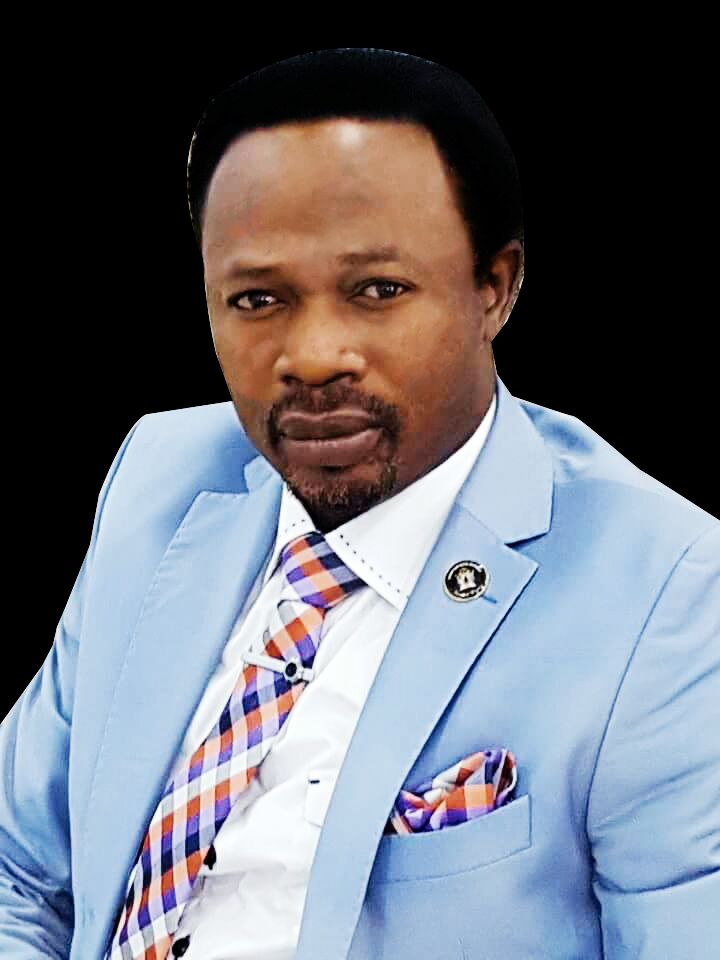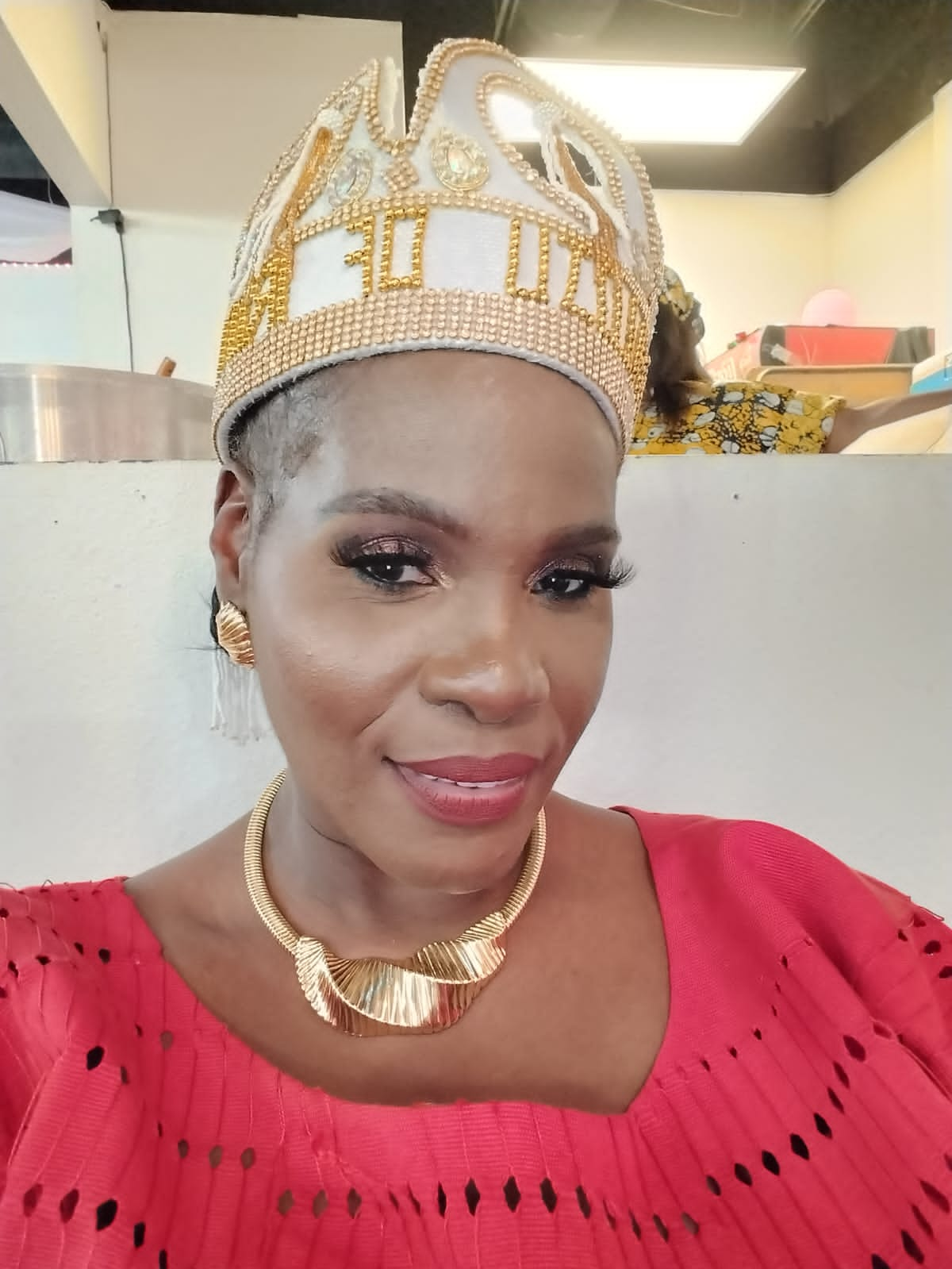Dangote accuses NMDPRA of granting licences to operators to import dirty fuel
Vice President of Oil and Gas at Dangote Industries Limited, Devakumar Edwin, has accused International Oil Companies in Nigeria of plans to frustrate the survival of the new Dangote Oil Refinery and Petrochemicals.
Edwin said the IOCs were “deliberately and willfully frustrating” the refinery’s efforts to buy local crude by hiking the cost above the market price, thereby forcing the refinery to import crude from countries as far as the United States, with its attendant high costs.
Speaking to journalists at a one-day training programme organised by the Dangote Group on Friday, Edwin also accused the Nigerian Midstream and Downstream Petroleum Regulatory Authority of granting licences indiscriminately to marketers to import dirty refined products into the country.
According to Edwin, the Federal Government issued 25 licences for the construction of refineries in Nigeria, but only the Dangote Group delivered on its promise.
While calling for the government’s support, the vice president noted that more than 3.5 billion litres of diesel and aviation fuel had been exported to Europe by the refinery in the past few months.
The exported fuel, it was said, represented about 90 per cent of its production.
“The Federal Government issued 25 licences to build refineries and we are the only one that delivered on our promise. In effect, we deserve every support from the government. It is good to note that from the start of production, more than 3.5 billion litres, which represents 90 per cent of our production, have been exported. We are calling on the Federal Government and regulators to give us the necessary support to create jobs and prosperity for the nation,” Edwin stated.
He added that though the Nigerian Upstream Petroleum Regulatory Commission was trying its best to allocate crude oil for the 650,000-capacity refinery, “the IOCs are deliberately and willfully frustrating our efforts to buy the local crude.”
The Dangote official said the IOCs sometimes made the refinery pay $6 over and above the market price, saying this has forced the company to reduce its output as well as import crude from countries like the United States at a higher cost.
He said, “Recall that the NUPRC recently met with crude oil producers as well as refineries’ owners in Nigeria, in a bid to ensure full adherence to Domestic Crude Oil Supply Obligations as enunciated under section 109(2) of the Petroleum Industry Act. It seems that the IOCs’ objective is to ensure that our petroleum refinery fails. It is either they are deliberately asking for a ridiculous/humongous premium or they simply state that crude is not available. At some point, we paid $6 over and above the market price. This has forced us to reduce our output as well as import crude from countries as far as the US, increasing our cost of production.
“It appears that the objective of the IOCs is to ensure that Nigeria remains a country which exports crude oil and imports refined petroleum products. They (IOCs) are keen on exporting the raw materials to their home countries, creating employment and wealth for their countries, adding to their Gross Domestic Product, and dumping the expensive refined products into Nigeria – thus making us to be dependent on imported products. It is the same strategy the multinationals have been adopting in every commodity, making Nigeria and Sub-Saharan Africa to be facing unemployment and poverty, while they create wealth for themselves at our expense.”
“This is exploitation – pure and simple. Unfortunately, the country is also playing into their hands by continuing to issue import licences at the expense of our economy and at the cost of the health of the Nigerians who are exposed to carcinogenic products.”
It was said that even though Dangote is producing and bringing diesel into the market, complying with the regulations of the Economic Community of West African States, “licences are being issued, in large quantities, to traders who are buying the extremely high sulphur diesel from Russia and dumping it in the Nigerian market.”
Edwin explained, “Since the US, European Union and the United Kingdom imposed a price cap scheme from February 5, 2023, on Russian petroleum products, a large number of vessels are waiting near Togo with Russian ultra-high sulphur diesel and they are being purchased and dumped into the Nigerian market.
“Some of the European countries were so alarmed about the carcinogenic effect of the extra high sulphur diesel being dumped into the Nigerian market that countries like Belgium and the Netherlands imposed a ban on such fuel being exported from its country, into West Africa recently. Sadly, the country is giving import licences for such dirty diesel to be imported into Nigeria when we have more than adequate petroleum refining capacity locally.”
He recalled that in May, Belgium and the Netherlands adopted new quality standards to halt the export of cheap, low-quality fuels to West Africa, harmonising its standards with those of the European Union.
These measures, according to Edwin, synchronised fuel export standards with the European domestic market, specifically targeting diesel and petrol with high sulphur and chemical content.
Historically, he recounted that these fuels with sulphur content reaching up to 10,000 ppm, were exported at reduced rates to countries like Nigeria and other West African consumers.
He mentioned that Belgium’s Minister of Environment, Zakia Khattabi, announced that his country followed the Netherlands, which in April 2023 also prohibited the export of low-quality petrol and diesel to West Africa via the ports of Amsterdam and Rotterdam.
He quoted Khattabi as saying, “For far too long toxic fuels have been departing from Belgium to destinations including Africa. They cause extremely poor air quality in countries such as Ghana, Nigeria, and Cameroon and are even carcinogenic.”
Edwin narrated that a September 2017 investigation by an international organisation, Public Eye, revealed that polluted and toxic fuels were being exported on a large scale from the ports of Rotterdam and Amsterdam for export to African markets.
He reiterated that as much as a quarter of the petrol and diesel available in West Africa originated from the ports of Amsterdam, Rotterdam, and Antwerp, stressing that these fuels contain sulphur and other pollutants, such as cancer-causing benzene, in quantities up to 400 times the limits permitted in Europe.
Edwin fumed, “The decision of the Nigerian Midstream and Downstream Petroleum Regulatory Authority in granting licenses indiscriminately for the importation of dirty diesel and aviation fuel has made the Dangote refinery expand into foreign markets. The refinery has recently exported diesel and aviation fuel to Europe and other parts of the world. The same industry players fought us for crashing the price of diesel and aviation fuel, but our aim, as I have said earlier, is to grow our economy.”
He noted that because the refinery meets the international standard as well as complies with stringent guidelines and regulations to protect the local environment, it has been able to export its products to Europe and other parts of the world.
While appealing to the Federal Government and the National Assembly to urgently intervene for speedy implementation of the PIA and to ensure the interest of Nigeria and Nigerians are protected, he remarked, “Recently, the government of Ghana, through legislation has banned the importation of highly contaminated diesel and PMS into their county.
“It is regrettable that in Nigeria, import licences are granted despite knowing that we can produce nearly double the amount of products needed in Nigeria and even export the surplus. Since January 2021, ECOWAS regulations have prohibited the import of highly contaminated diesel into the region.”
The PUNCH reports that the President of the Dangote Group, Aliko Dangote, had recently accused some powerful individuals of frustrating his refinery, adding that the IOCs were denying him access to crude oil.
“In a system where, for 35 years, people are used to counting good money, and all of a sudden, they see that the days of counting that money have come to an end, you don’t expect them to pray for you. Of course, you expect them to fight back.
“And I think that is the process that we’re now really going through. But the truth is that, yes, the country, the sub-region, and also the continent, of sub-Saharan Africa, need this refinery. So, you expect them to fight through non-supply of crude, non-purchase of the product, but I think it’s all temporary. We’ll get there,” Aliko added.
Dangote recalled that he was once persuaded by a former Minister of Energy in Saudi Arabia, Khalid Al-Falih, to shelve the idea of building a refinery. However, he said he told the former minister that he did not need his advice.
“Four years ago, I was in Saudi Arabia during the fasting period, and I was invited for the breaking of the fast, Dr Falih, who used to be the Minister of Energy invited me to come and break the fast with him and I went there. He just said, ‘Aliko, I heard that you’re planning on building a refinery, what capacity?’ I said 650,000. He kept quiet for a while and said, ‘You know just about 120km from Mecca, we are building one and I think I would like you to go and have a look. We as Saudi Aramco, are facing a lot of challenges and, we are proceeding with it, but my advice to you is not to do it because normally, refineries are built by major oil corporations or sovereign countries.’
“I said, ‘But Your Excellency, unfortunately, we have already started, so I’m not looking for advice.’ That was really how we continued,” he recounted.
Dangote revealed that both local and international cartels, which he described as “mafia”, made repeated attempts to sabotage the $19bn refinery project located in Lagos.
“Well, I knew that there would be a fight. But I didn’t know that the mafia in oil, they are stronger than the mafia in drugs. I can tell you that. Yes, it’s a fact,” he said.

 celebrity radar - gossips6 months ago
celebrity radar - gossips6 months ago
 celebrity radar - gossips6 months ago
celebrity radar - gossips6 months ago
 Business5 months ago
Business5 months ago
 Business5 months ago
Business5 months ago

![IMG-20160818-WA0018[1]](https://i0.wp.com/sahara.test/wp-content/uploads/2016/08/IMG-20160818-WA00181-225x300.jpg?resize=225%2C300)
![IMG-20160818-WA0015[1]](https://i0.wp.com/sahara.test/wp-content/uploads/2016/08/IMG-20160818-WA00151-225x300.jpg?resize=225%2C300)










You must be logged in to post a comment Login